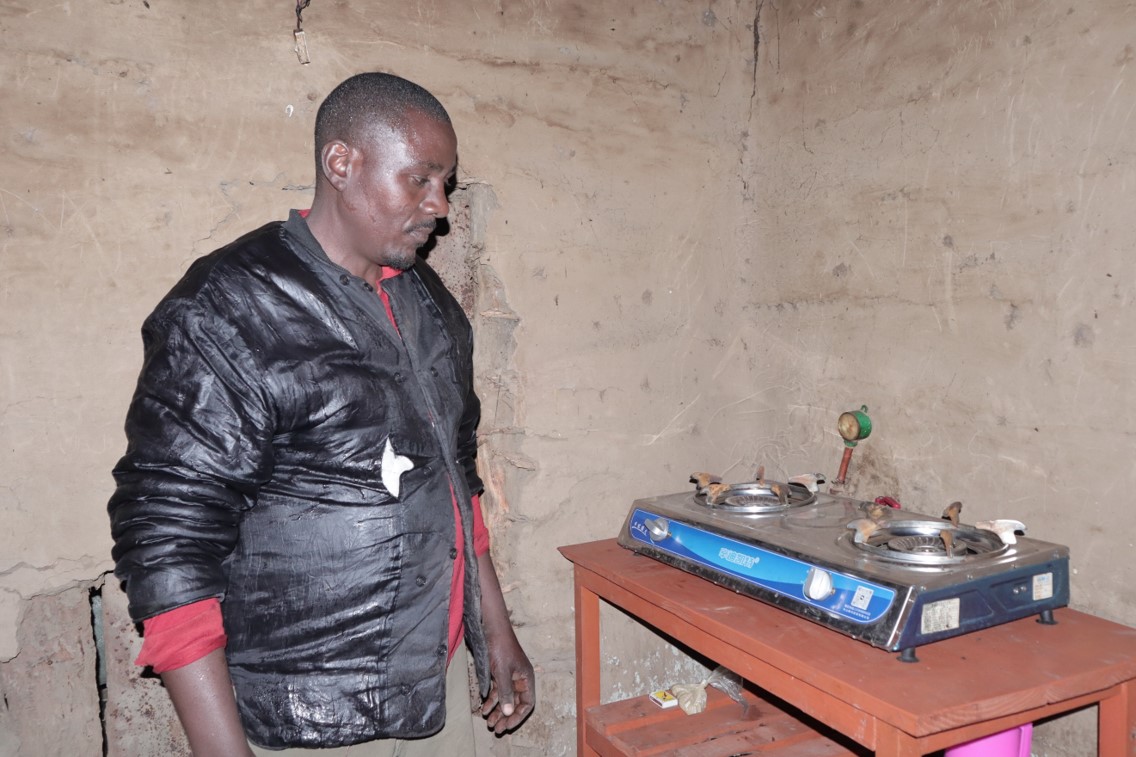The biogas system will be installed to the household level and public institutions like boarding schools. The intervention will reduce the dependence on biomass as a source of energy in the proposed area.
Biogas systems installation

All community members and partners from private and public institutions
Climate change is a global challenge which affects people and the environment. Mitigation of climate change calls for concerted efforts. This initiative seeks to reduce the dependence on biomass, such as firewood and charcoal, for cooking and lighting in rural communities around Arusha and Manyara regions of Tanzania. This reliance on biomass contributes to climate change through deforestation and associated emissions. Additionally, the lack of spare parts like lighting bulb for biogas systems can disrupt their functionality.
Biogas systems offer a sustainable alternative energy source. These systems utilize organic waste, including cow dung, human excrement, and food scraps, to produce biogas for cooking and lighting. Biogas replaces firewood and charcoal, mitigating deforestation and associated climate impacts. These systems can provide cooking fuel and, in some cases, lighting of multiple homes. Rural communities that rely on biomass for cooking and lighting could significantly benefit from biogas.
The initiative has impacts to the family and the community at large particularly those that depend on firewood. In arusha and Manyara where this project were introduced about 200 household have adopted and installed the use of biogas. Since the installation of the biogas system the families do no longer depend on biomass as a source of energy which has tremendous impacts including reducing number of people who depending of firewood and charcoal as the source of energy. The innovation reduces a burden to especially women who used to move long distances in search for firewood.
The innovation uses local technologies and materials such as human excrement and cow dung, which are available in large quantities amongst livestock keepers. Implementing a biogas system at the community level lead to significant environmental and economic benefits, including reduced waste, lower energy costs, and improved soil fertility.
This innovation can be easily adopted and implemented by the local community. Since the innovation uses local innovation, it is also cheap to implement. This involve constructing the digester of waste to be used in producing gases. But also, the next step involves the construction of gases storage chamber and finally is distribution changes which distribute gases for use and sometime packaging. The cost at the initial stage can be seem expensive but after the installation there is no other investment cost needed rather than the maintenance cost. The innovation can feasibly to scaled up for mass consumption in communities.
The use of biogas about 200 household in the region of Arusha and Manyara who were supported by projects do no longer depending on biomass as a source of fuel for communities but also lighting households in areas that do not have access to the national grid of electricity. The use of biogas has reduced the burden to women who are supposed to walk long distances in search for firewood.
Given its use of local materials and its adaptability to local technologies, there is a huge potential for this innovation to be scaled up. It is a very useful solution particularly to women and youth. More and more people should be trained on the usefulness of the innovation and biogas should be supported as an important initiative for clean alternative energy. The innovation should be scaled out to other rural and urban areas.
There are plenty of opportunities if this innovation can be scaled up. Local communities can adopt the technology quickly and easily for the long-term benefits of the environment. In this innovation there are opportunities of selling gasses through stored gas in specified packaging. But also, other opportunity is that people can be employed in the industries for instance local fundi, but also if this takes in business model.
Next step
The government and other stakeholders should plan to provide awareness programs order to convince people about the importance of the innovation as were moving to the clean energy agenda for Tanzania. This can be done through different platform and strategies including but not limited to preparing the forums of biogas which will give the opportunities stakeholders to discuss the issue related to biogas development in the communities.

